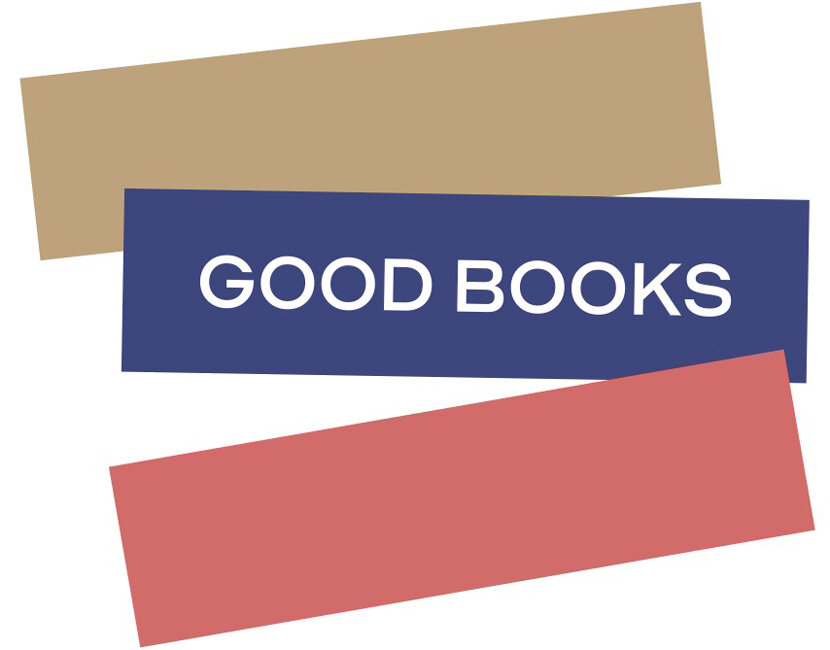Q&A: Richard Shaw
In The Forgotten Coast, Richard Shaw unpacks a generations-old family story he was never told: that his ancestors once farmed land in Taranaki which had been confiscated from its owners and sold to his great-grandfather, who had been with the Armed Constabulary when it invaded Parihaka on 5 November 1881. This book’s key focus is urgent: how, in a decolonising world, Pākehā New Zealanders wrestle with, and own, the privilege of their colonial pasts. Richard answers our Q&A.
1. How are you and what have you been up to lately?
Summer appears to be here in the Manawatū (for the time being anyway) so I am very good, thank you. Actually, the reason I’m in good fettle has less to do with the weather than it has with the publication of The Forgotten Coast. It’s a big deal for me for a bunch of reasons. For one thing it is the first non-academic book I’ve ever written, so I feel like an author in a way I never have before. It’s also just a beautiful book: the heft, smell and feel of it is just right (the taste maybe not so much). Because it holds significant people – most obviously Te Whiti o Rongomai and Tohu Kākahi and, on a very different level, my dad – the physicality of the book is important to me, and I think Massey University Press have nailed it. Plus the initial indications are that it’s making the kind of contribution I hoped it would – which is to chip in to the challenging conversation about the relationship that Pākehā like me have with family histories reaching back to confiscated land. So I’m pleased about that.
The Forgotten Coast aside, I’m also working on another MUP publication with Massey colleagues. This one’s an edited collection on the nature of identity and belonging in Aotearoa New Zealand – and it will also be a beautiful book!
2. If you were working in a bookshop, how would you hand-sell your book to customers? What would you say to convince them to buy and read it?
That is a really hard question – I’ve spent 15 minutes thinking about it and can’t come up with anything I’m happy with! Perhaps: ‘This is the book you would write if you had the time/inclination/ability.’ Then again, I don’t often buy books on the basis of another person’s recommendation – I usually have a specific title or author in mind. But there are times, too, when I’ll just mooch around, picking things up and putting them down. So perhaps I’d simply invite the customer to gather a small pile of books that look like they might be about right, and to sit for a while, getting their measure …
3. What books (or other art/media) influenced you while writing this book, or generally in your life?
Rachel Buchanan’s Parihaka Album is the reason I wrote The Forgotten Coast. I knew Rachel, a bit, when I was young – she and I did The Wizard of Oz for the New Plymouth Operatic Society – but it was reading her work on Parihaka that really put the rocket under me. Partly that had to do with her ferociously good scholarship and the fact that she is a very compelling writer. Mostly it was because the questions she asks – what stories do your dead tell you?; how do you see your past? – are especially pointed if (a) one of your ancestors took part in the invasion of Parihaka and (b) you’ve managed to avoid thinking about that for the better part of your life. Those two questions were my points of entry into what became The Forgotten Coast, and I am deeply grateful to Rachel for them.
More generally, Marquez’s One Hundred Years of Solitude matters to me a lot, but Ursula Le Guin, Niall Williams and Robert Macfarlane are the people I turn to when I need comfort. Le Guin brings my heart rate down and there is a rightness and balance to her writing that I don’t find with anyone else; Williams is wonderful with silence (and was one of my dad’s favourites); and Macfarlane has a way of collapsing time and space I find revelatory.
4. What good books have you read lately?
Perhaps because there is a surfeit of challenging news I’ve been re-bingeing my sci-fi/speculative fiction staples: anything (everything, really) by Ursula Le Guin, Liu Cixin’s Remembrance of Earth’s Past trilogy and N. K. Jemisin’s Broken Earth series. I don’t know if Ishiguro’s Klara and the Sun fits in that category but that’s a really fine (if discomforting) book. So is Patricia Grace’s From the Centre. And the two new additions to Alan Bennett’s stable of Talking Heads were pretty bracing. Bennett is always bracing, I reckon, but he’s the best I know for getting to the heart of the matter.
Buy The Forgotten Coast (Massey University Press), $35

